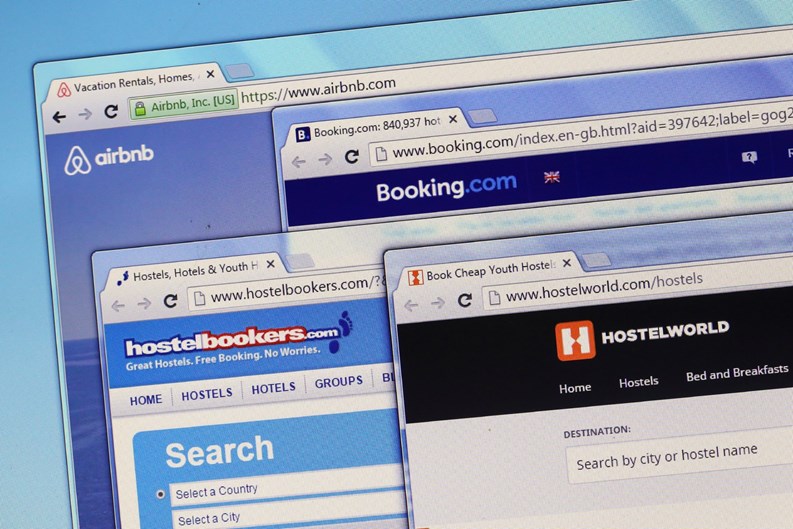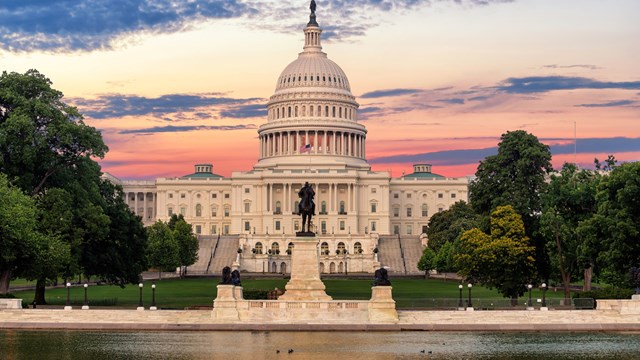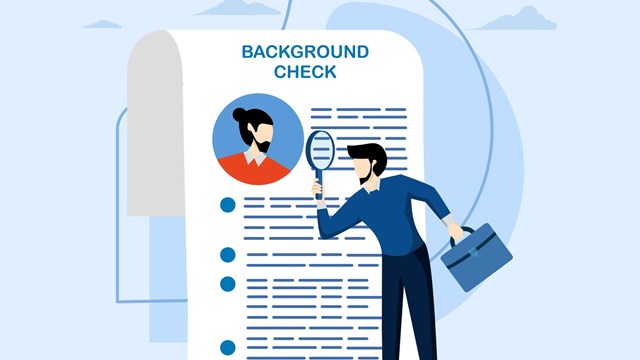On January 22, Airbnb listed New York City as the third-most travelled to city for business trips on its new “Airbnb for Business” platform. The announcement comes a month after the company released data showing that 55 percent of Airbnb users in New York City are renting out their entire apartments while they are not at home—which is illegal under New York State law.
“The exposure is there,” said Alexander Kanen, a managing and real estate partner at Manhattan-based Kanen Law Firm. “There are two considerations at play: state law and building consideration. Many buildings have rules specifically prohibiting certain leases and subletting.”
The concerning part of all this is that when the fines are levied against users who are caught illegally renting their apartments out the landlords and co-op boards of the buildings they are in can also be fined. “When it comes to that Airbnb is a real danger,” said Kanen.
According to a spokesman for the Department of Buildings, the law states that apartments, co-ops, and condos cannot be rented out for shorter than 30 days at a time unless the primary resident is also home for the duration of the rental. In a 2014 Q&A with New York State Senator Liz Krueger, the ranking Democrat on the legislature’s Finance Committee, the senator said that most co-op and condo bylaws do not allow tenants to rent out their apartments without first getting permission from the building’s board.
“Each building, be it a co-op or condo, has their own restrictions. Most of them limit the owner’s—or tenant’s, in the case of a co-op—ability to sublet to a minimum of one year. A lot of sponsored projects won’t get an abatement from the [New York State] attorney general unless they specifically state that there will be no leases for at least one year in the building,” said Kanen.
Residents might view Airbnb as worth the risk, given the extra income it affords, but Mayor Bill de Blasio announced that over the next three years the Mayor’s Office of Special Enforcement, which is leading an interagency illegal hotel taskforce, will be getting a $10 million budget boost. In addition to hiring five new staffers, state-of-the-art data to find illegal operators, and a public awareness campaign, the City Council has also budgeted money for 17 new inspectors, more than doubling the current number. There are also a few current proposals the City Council is looking at that would increase the fines to violators, as well as to building owners and boards.
Co-ops and condos are not only at risk of fines, according to Kanen. “If the building is found to be in violation it could jeopardize that building’s tax abatement.”
Taking all of the fines and risks into account, it becomes important to find a way to lessen exposure to the city’s crackdown on transient rentals and illegal hotels. Boards could potentially institute a sign-in policy in which tenants who are not owners and visitors would need to sign in to enter the building, but Kanen notes that would have limited value.
While some buildings have bylaws that prevent short-term leasing, not all of them do. For those that don’t have such a rule, introducing a resolution banning short-term leasing is an option. It’s a long process though.
“The board needs to pass a resolution to amend the bylaws, that resolution needs to be ratified by a necessary number of shareholders and then the bylaws need to be amended to specifically prohibit short-term leasing,” said Kanen, “so that all the shareholders or owners, if it’s a condo, will be on notice and responsible for it.”
Kanen says that means sending notices to all shareholders and unit owners, “advising them of the board’s resolution, advising them of penalties.”
Co-ops and condos don’t need to stop at just sending out notices to residents reminding them that short-term leasing is illegal and against the building’s rules, they can also take a more proactive approach. They can periodically check the room-sharing websites, such as Airbnb, and search their building’s address and see if anything pops up. From there it’s just a matter of figuring out which rooms have been illegally put up for rent and calling the resident or shareholder and asking them to take it down, while reminding them of the rules.
There are more extreme measures though, that boards should be hesitant to take.
“In the event of co-ops, as an additional remedy, and it might be extreme, but the board would be in the position of cancelling the proprietary lease. It’s an extreme measure, but it’s a remedy the co-op would have,” said Kanen.
John Zurz is a staff writer for the Cooperator.







Leave a Comment